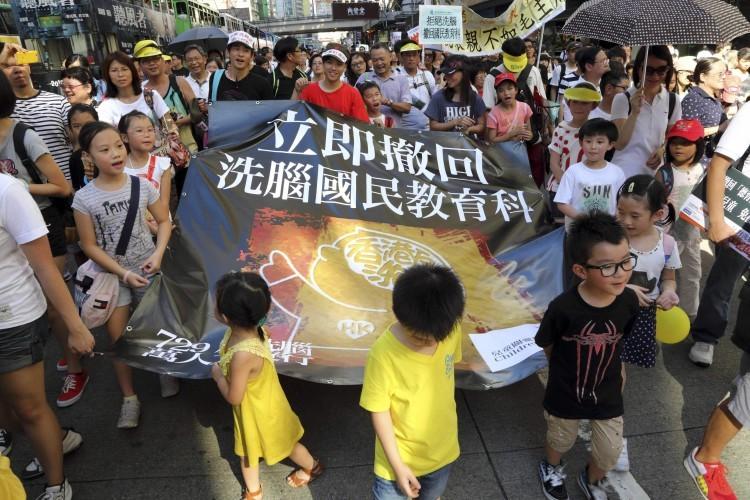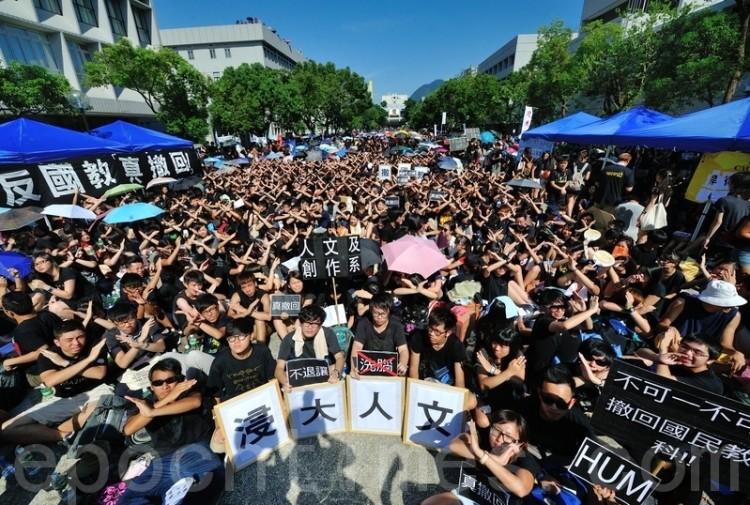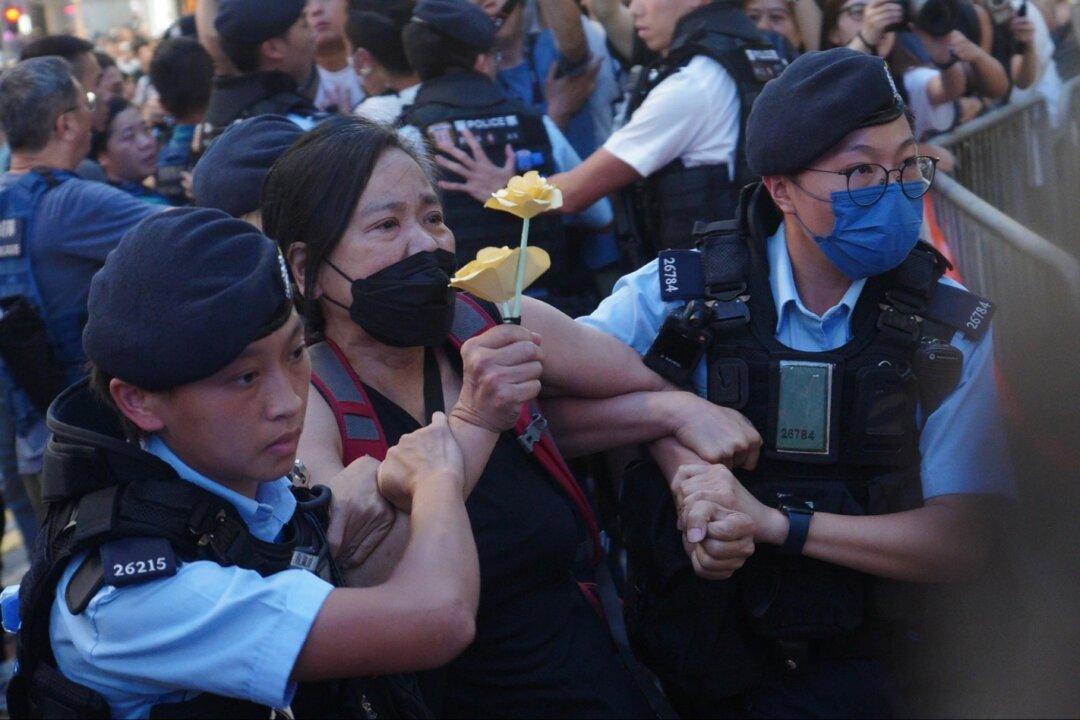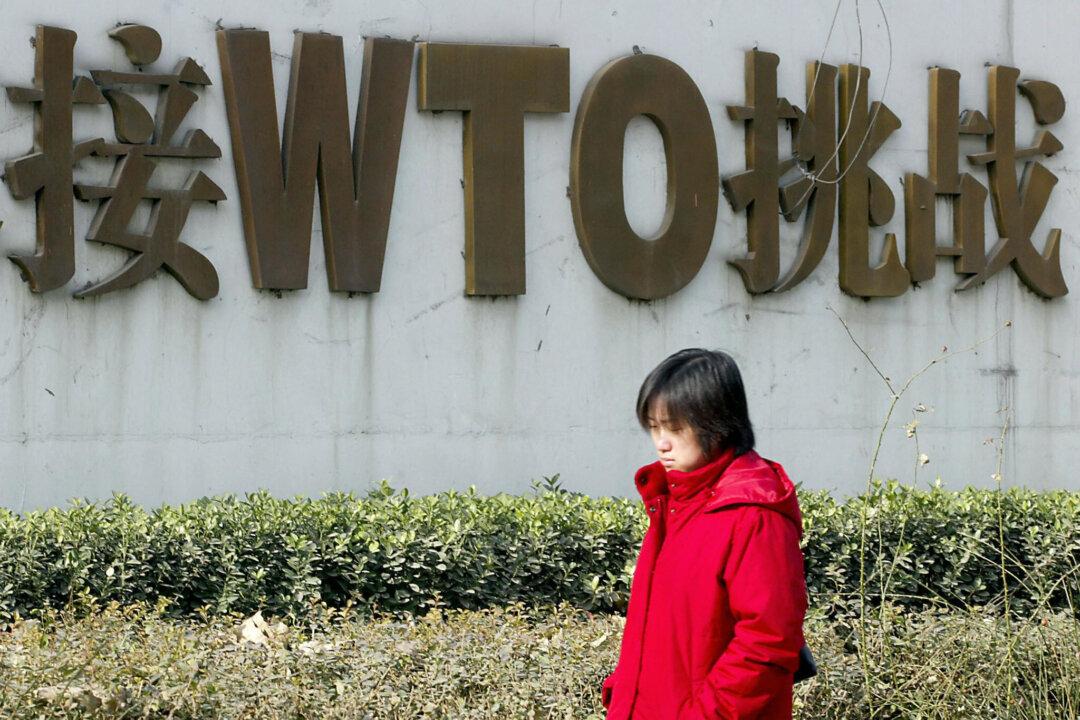Commentary
“Hong Kong was never a colony,” as asserted in some new Hong Kong textbooks, is as absurd as saying “the People’s Republic of China is not a country.” In order to uproot Hong Kong independence, textbooks are asked to distort history. However, history is like sedimentary rock, with sand and gravel accumulating layer by layer into hard rock; if changing a fundamental concept at the very starting point of a time line, the original historical discourse will be destroyed. Problems will arise before any benefit can be seen.





